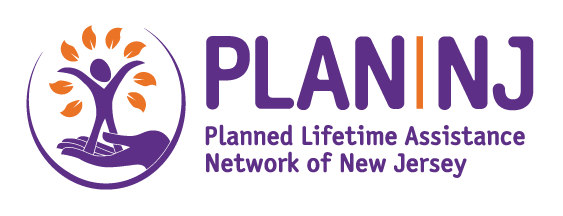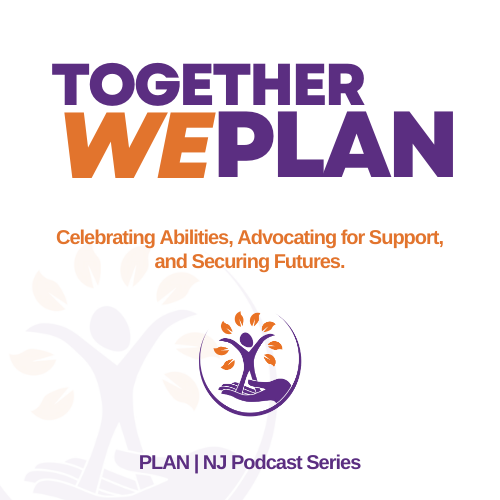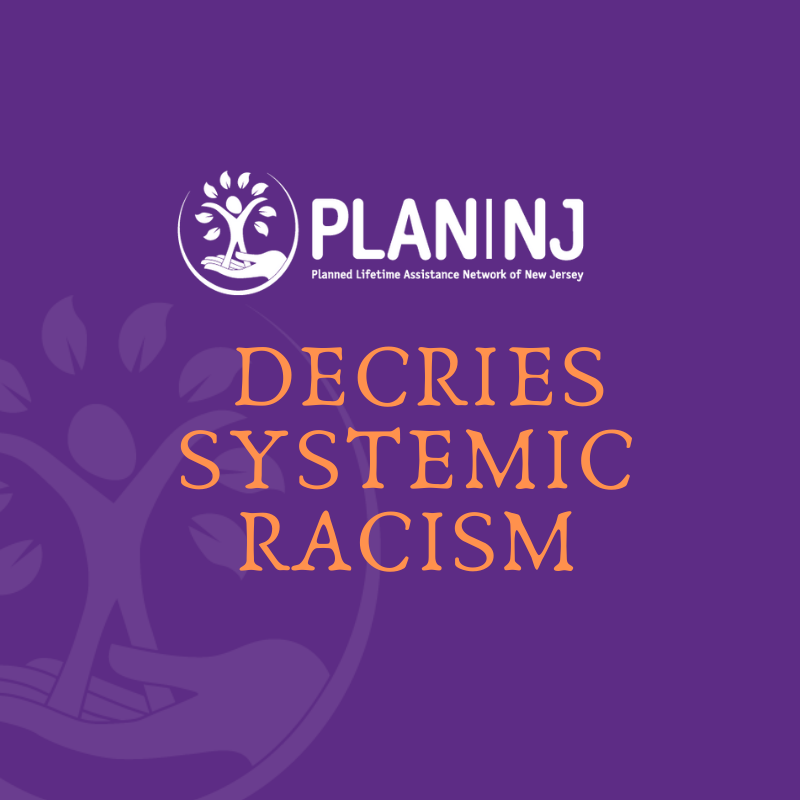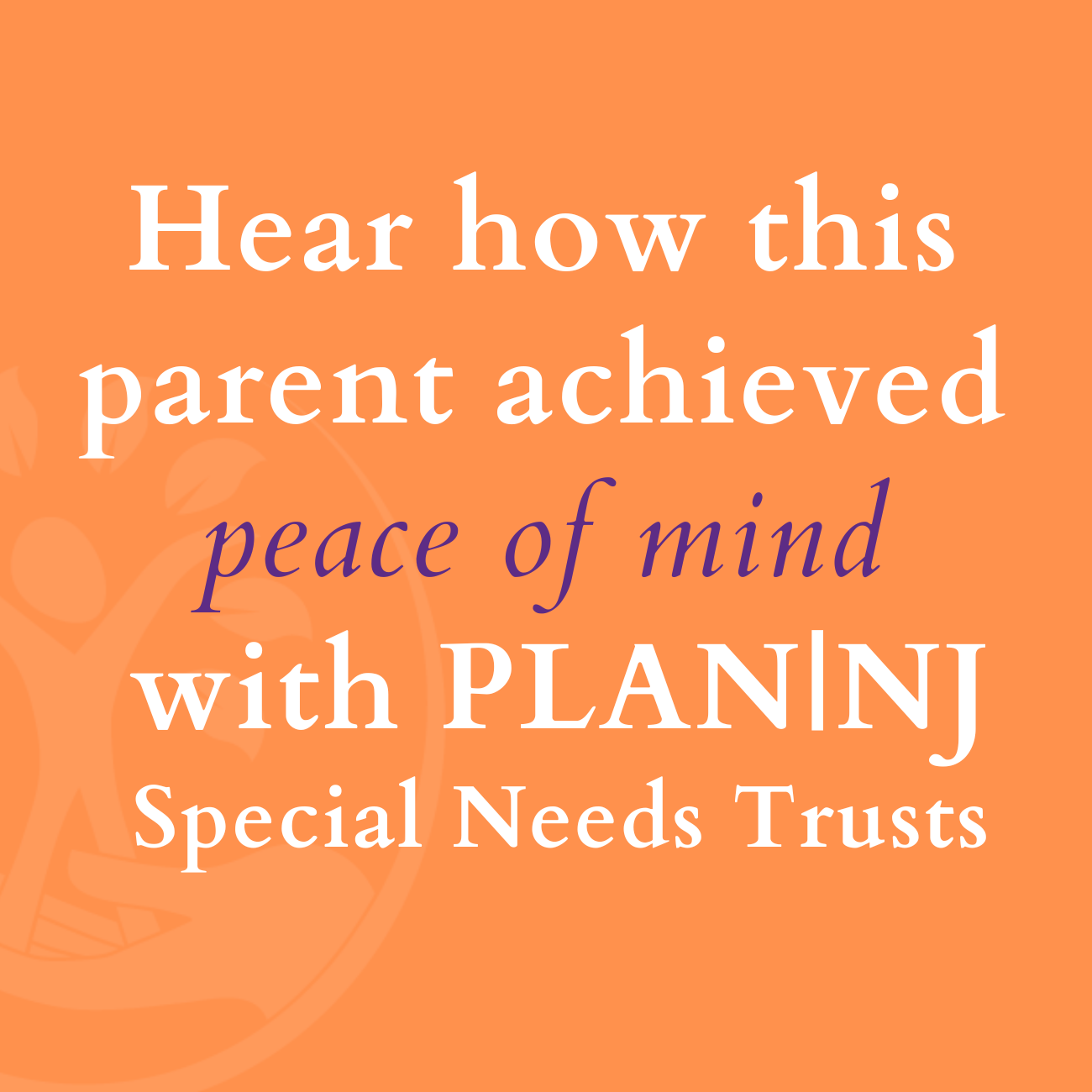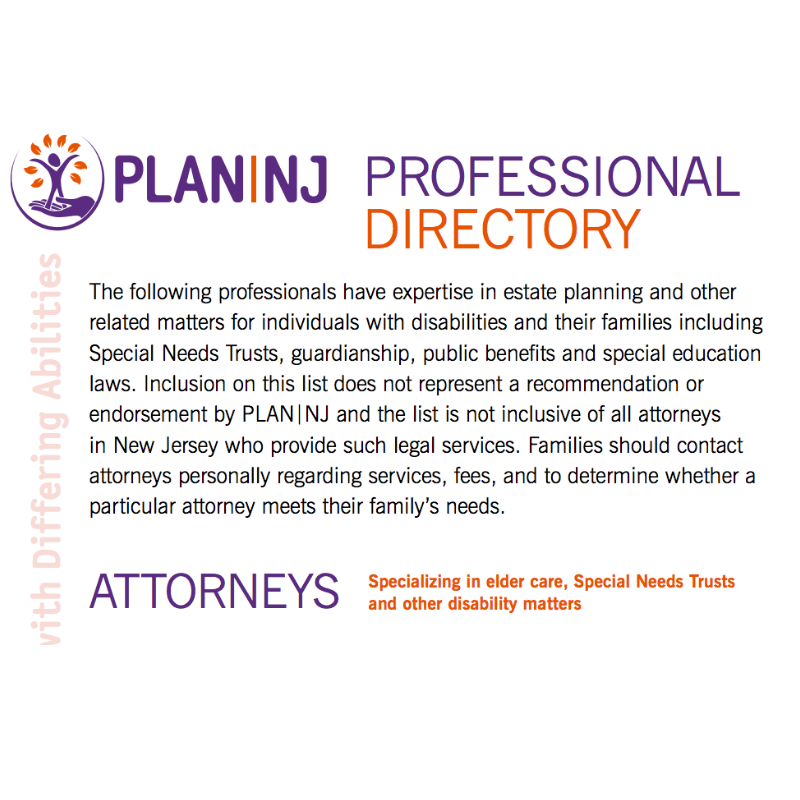Guardianship as a Tool of Last Resort
By Nina Weiss, Esq
More than twenty years ago, as an attorney in the Office of the Public Guardian, I attended court for a guardianship matter. Immediately after court, I observed an attorney counseling a client, who was just appointed as guardian, that the relationship is akin to parent to child. I was taken aback by the inappropriateness and fundamental illegality of this advice.
An individual placed under guardianship or limited guardianship may have diminished capacity, but as an adult, they also have years of living and earned wisdom, thus they are not akin to children in any way. The New Jersey statute and rule explicitly contradict such advice and recognize the fundamental rights for all individuals.
The law requires that reasonable and good faith efforts be made to find the least restrictive and least intrusive surrogate decision-making arrangement under the circumstances. The goal in any surrogate decision-making arrangement is to strike the proper balance between protection and autonomy. It is also important to remember as the title implies, guardianship is a “tool” and not a panacea.
Guardianship is a legal tool to advocate for and enhance the lives of those living with diminished capacity. However, guardianship alone is unable to solve many challenges facing these individuals. Guardianship should also not be used to alter or cure certain behaviors. An individual residing in the community who habitually calls 911 for example will still be able to do so, even if under guardianship. Guardianship is one tool in our toolbox and should be used only when necessary, in limited ways, to enhance decision making.
Less restrictive alternatives to guardianship include Supportive Decision Making, Powers of Attorney, Advance Medical/Instruction Directives, and Conservatorships, which all presume some level of capacity. Limited Guardianship is also a less restrictive alternative to full guardianship which contemplates an individual has diminished capacity yet maintains some level of capacity. Unfortunately, limited guardianship remains an underutilized tool, but ideally should be used more, to formally and legally recognize that an individual may lack capacity in certain areas but maintain it in others. The New Jersey Limited Guardianship Statute is found at N.J.S.A. 3B:12-24.1(b). The statute sets forth that:
If a person is only partially incapacitated, a court must make specific findings in one of two ways: the Guardian can be vested with only specific authority and the individual retains all other capabilities or the individual retains specific delineated areas of decision making and the guardian is vested with all other decisions. In general, in any guardianship, a court will be asked to assess six general areas of decision making: Medical, Legal, Residential, Financial, Vocational, and Educational.
Example A: 18-Year-Old Woman with a Developmental Disability where she retains specific abilities:
Notwithstanding the adjudication of incapacity and appointment of co-guardians, Meg Sims shall specifically retain the ability to:
- Seek and maintain employment (vocational decision making);
- Apply to and engage in continued education, including college or other post high school endeavors (educational decision making);
- Manage and spend up to 10% of monthly income from various payment sources, including though not necessarily limited to employment earnings and Social Security benefits, to be known as Meg ‘s discretionary income (limited financial decision making).
Example B: Individual with Transient Mental Health Issues where guardian is vested with only specific authority:
Jack and Jill, in their fiduciary capacity as limited co-guardians of the person for Jen, are specifically vested with the following authority:
- To admit or facilitate the commitment of Jen to a hospital for the purpose of medical/psychiatric or psychological evaluation and/or treatment and to attend treatment team meetings;
- To have access to examine and copy medical records, including confidential medical records, and to be considered personal representatives under the Standards for Privacy of Individually Identifiable Health Information (“Privacy Rule”) issued pursuant to the Health Insurance Portability and Accountability Act of 1996 (“HIPAA”);
- To sign all insurance forms attendant to Jen’s medical treatment.
In seeking and crafting limited guardianship, it is important to understand the legal standard for guardianship set forth at N.J.S.A. 3B:12-24. If the court finds that an individual is incapacitated and is without capacity to govern himself or manage his affairs, the court may appoint a guardian who shall exercise all rights and powers of the incapacitated person. This must be proven by “clear and convincing evidence”, a high burden. This standard applies to each area of decision making.
An application must be supported by two certifications as to an individual’s inability to manage his affairs (2 physicians or 1 physician and 1 psychologist; Rule 4:86-2(b)). A psychologist can play a large role in the implementation of limited guardianships since they customarily prepare a “functional assessment” as opposed to a merely diagnostic assessment of capacity. For individuals eligible or enrolled in DDD, a recent IEP (Individualized Education Plan) can be used to support the need for guardianship in lieu of a second evaluation. The IEP, like a psychologist’s functional assessment, can provide insight into the creation of a limited guardianship and highlight areas of relative strength and need.
In all guardianship matters in New Jersey, an attorney is appointed for the individual. This is a fundamental civil rights issue. The court is considering whether to remove decision making away from someone and to vest it with another person. The appointment of counsel is an essential due process protection. The law is crystal clear that counsel is a zealous advocate for the stated wishes of the client. Counsel is NOT a guardian ad litem and counsel is not a fact finder nor is counsel’s duty to the court. Counsel’s duty is to his or her client. Counsel shall also serve as an advocate for less restrictive alternatives. The standard report of counsel promulgated by the Administrative Office of the Courts contemplates that the court appointed counsel has evaluated the prospect of such less restrictive alternatives, including limited guardianship.
Even once a guardian is appointed, limited or otherwise, the guardian maintains a duty to ascertain and effectuate the wishes of the individual to the extent possible and reasonable. The law dictates that a guardian must initially utilize the Substituted Judgment standard of decision making. The guardian should make decisions based on the individual’s own values, dictated by the individual’s wishes. If the individual is unable to express these to the guardian, the guardian should use collateral evidence as necessary to ascertain these wishes. A guardian may then utilize the Best Interest standard of decision making only if they are unable to ascertain the individual’s wishes or if those wishes are unreasonable. This is an objective standard of decision making reflective of societal norms and values.
The National Guardianship Association has promulgated standards for guardian decision making including those relating to least restrictive alternatives and self-determination of the person. According to the NGA, the guardian shall carefully evaluate the alternatives that are available and choose the one that best meets the needs of the individual while placing the least restrictions on his freedom, rights, and ability to control his environment. The guardian shall provide the person under guardianship with every opportunity to exercise those individual rights that the person might be capable of exercising as they relate to the personal care and financial needs of the person. The guardian shall attempt to maximize the self-reliance and independence of the person. The guardian shall encourage the person to participate, to the maximum extent of the person’s abilities, in all decisions that affect him or her, to act on his or her own behalf in all matters in which the person is able to do so, and to develop or regain his or her own capacity to the maximum extent possible.
New Jersey explicitly recognizes the concept of restoration to capacity and the individual’s rights in that regard. The need for a restoration to capacity action can arise in many different scenarios. A person who suffered a stroke may rehabilitate. A young adult placed under guardianship at age 18 may have matured and developed skills and further independence. The New Jersey restoration statute is found at NJSA 3B:12-28 and sets forth that The Superior Court may adjudicate that the incapacitated person has returned to full or partial competency and restore to that person his civil rights and estate as it exists at the time of the return to competency if the court is satisfied that the person has recovered his sound reason and is fit to govern himself and manage his affairs. The New Jersey Rule of Court 4:86 is explicit about an individual’s rights in this regard and sets forth that the individual maintains the right to petition the court to modify or terminate the guardianship, including the right to meet privately with an attorney or other advocate to assist with this legal procedure, as well as the right to petition for access to funds to cover legal fees and cost, and maintains the right to request the court to review the guardian’s actions, request removal and replacement of the guardian, and/or request that the court restore rights as provided in N.J.S.A. 3B:12-28.
Nina Weiss is an attorney with offices in Pennington, Mercer County, NJ. She specializes in guardianship and less restrictive arrangements and handles matters throughout most counties in New Jersey. She is often appointed by the courts to serve as counsel or guardian ad litem in guardianship and related matters.
CIRCLE OF SUPPORT
People with Disabilities
Families & Friends
Attorneys & Financial Planners
Human Service Providers

GET IN TOUCH
Planned Lifetime Assistance Network of New Jersey PLAN|NJ
PO Box 547
Somerville, NJ 08876-0547
908-575-8300 (Phone)
908-927-9010 (Fax)
info@plannj.org
PROUD MEMBERS OF:
Alliance for the Betterment of Citizens with Disabilities
Association of People Supporting Employment First
Alliance for Pooled Trusts
National Alliance on Mental Illness
National Guardianship Association
National PLAN Alliance
Supportive Housing Association of New Jersey
SOMETHING MISSING? LET US KNOW.
We work hard to provide relevant and current information. If you feel something is missing or needs to be corrected, please contact us via our contact form HERE.
PLAN|NJ = Lifetime Advocacy for People with Disabilities
OUR MISSION
PLAN|NJ’s mission is to help family members of people with disabilities answer the question:
“Who will care for my loved one when I'm gone?”
We coordinate the supports needed by individuals with intellectual, developmental and physical disabilities, and challenges with mental health, including people with autism, cerebral palsy, traumatic brain injury, severe mental illness and more.
Spanish Translation
Si usted habla español y quisiera mas información sobre nuestros servicios o si desea una consulta con PLAN\NJ, por favor comuníquese con
Nancy Dilliplane, Director of Trust Services, para asistencia bilingüe: 908-575-8300, extensión 15
nancy.dilliplane@plannj.org
